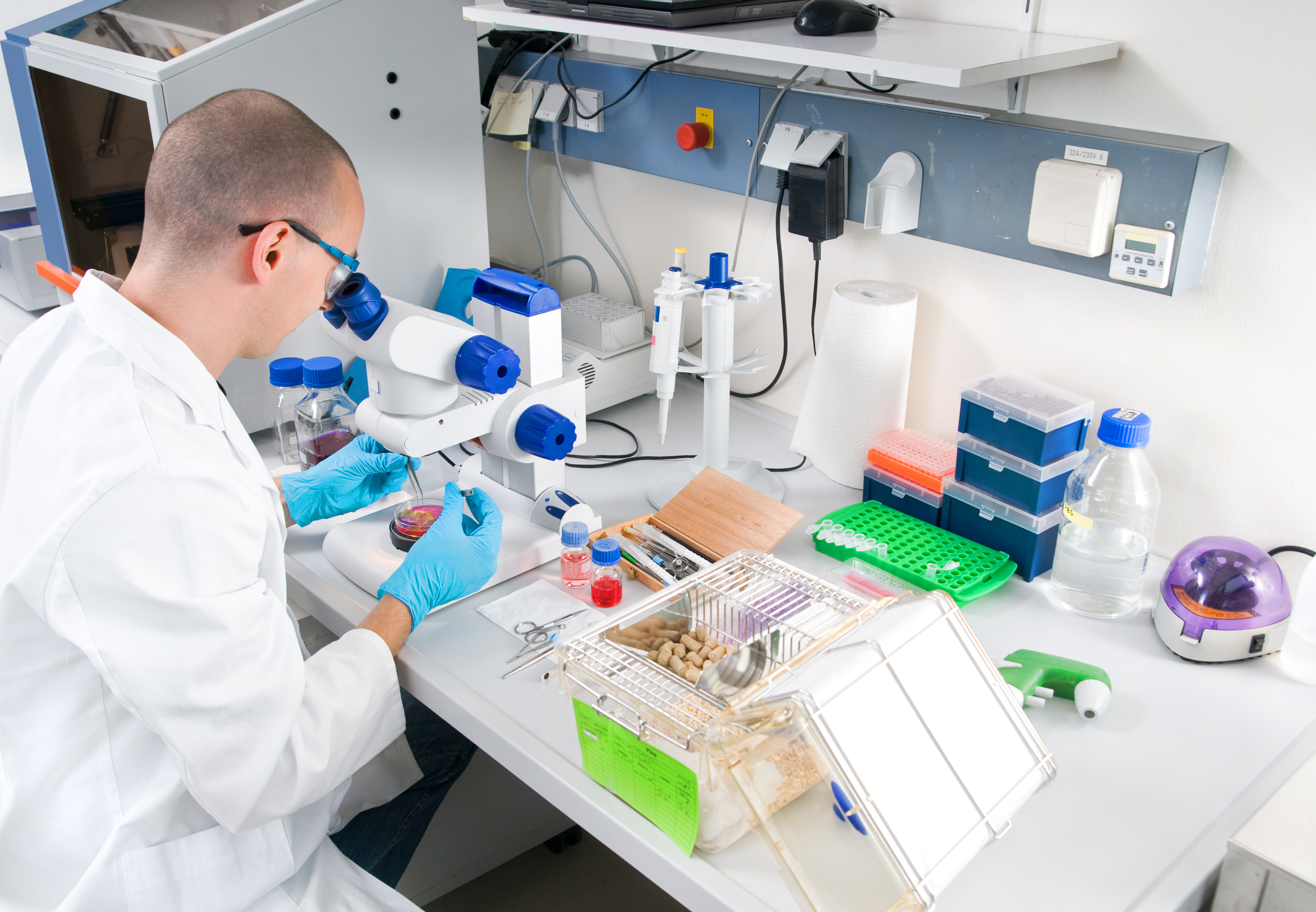Approved Drug, 4-PBA, Eased ER Stress and Artery Pressure in PAH Rat Model, Study Reports
Written by |

A drug approved for a genetic condition called urea cycle disorder — sodium 4-phenylbutyric acid (4-PBA) — shows a protective effect for pulmonary arterial hypertension (PAH) by decreasing pulmonary artery pressure and mean right ventricular pressure in a PAH rat model. The study, “4-Phenylbutyric Acid Induces Protection against Pulmonary Arterial Hypertension in Rats,” was published in the open access journal PLOS One.
Stress affects not only our organism as a whole, but is also felt at the cellular level. Inside our cells, a key organelle, called the endoplasmic reticulum (ER) and responsible for several functions inside cells (such as the folding of proteins to their correct form) is particularly sensitive to stress, leading to an accumulation of misfolded proteins inside the ER (described as ER stress).
The ER’s Unfolded Protein Response (UPR) is the pathway activated in response to ER stress. While a short-term activation of UPR is triggered as an attempt to quickly resolve the underlying stress, persistent UPR activation culminates in cell dysfunction and death.
Activation of the UPR, in response to ER stress, is seen as an underlying mechanism in several pulmonary diseases. The role of ER stress in PAH, however, is largely unknown.
A team of researchers hypothesized that reducing ER stress could protect against pulmonary arterial remodeling. To test the hypothesis, researchers used a PAH rat model and evaluated the effects of a known chemical inhibitor of ER stress, called 4-PBA.
Researchers divided the PAH rats into four experimental groups — a normal control group (no PAH and no 4-PBA treatment), a PAH group only, and two PAH groups treated with 4-PBA. The two treated groups followed two different regimens: one group received 4-PBA every day, starting on the day of PAH induction and continuing for four weeks (preventive measure group), and the other started treatment on the third week of PAH induction and continued being treated for two weeks (reversal measure group).
Study results showed that inhibition of ER stress by 4-PBA alleviated pulmonary arterial remodeling in rats with PAH. Specifically, researchers found a lower mean pulmonary artery pressure and mean right ventricular pressure in both groups treated with 4-PBA (the preventive and reversal measure group), when compared to the normal control group. Additionally, 4-PBA improved pulmonary arterial remodeling, and effectively suppressed ER stress.
In conclusion, the results suggested that PAH induces ER stress, and that alleviating ER stress with 4-PBA is a potential effective therapeutic strategy for pulmonary diseases, including PAH. The drug was approved by the U.S. Food and Drug Administration (FDA) in 2013 to treat urea cycle disorders by helping to remove ammonia from the blood, under the brand name Ravicti.



